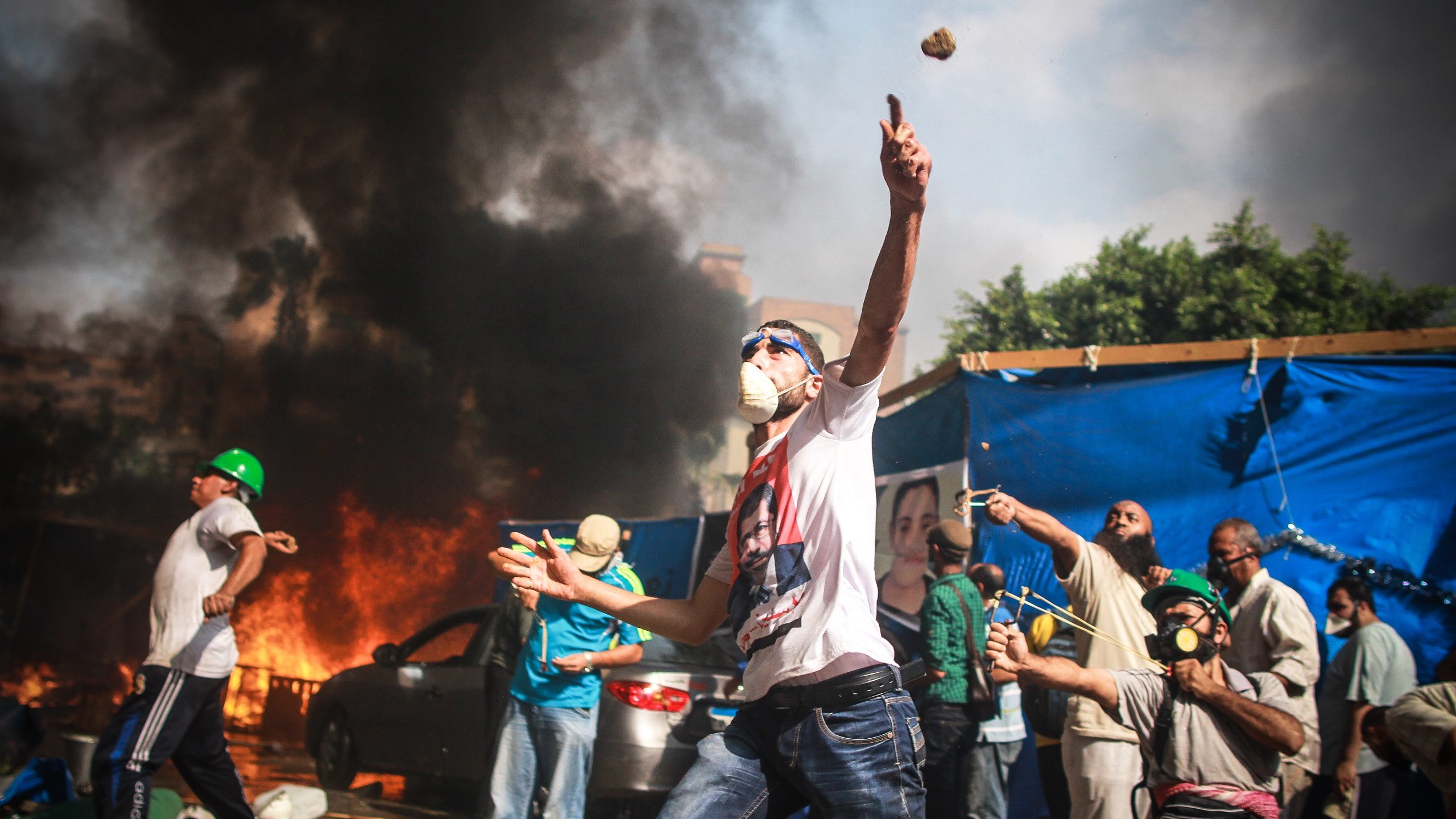The Brotherhood’s Culture of Lies
Akhbar Al-Youm, Egypt, April 1
During tribulations and crises, people rally around their flag and do whatever they can to protect their homeland – except for the Muslim Brotherhood. Unlike most patriots, Brotherhood members are happy when disasters and calamities befall their nation. This helps them spread conspiracy theories, divert attention away from their unlawful activities, and provide room for political chaos that can empower them. In the Brotherhood’s view, their dream of achieving power justifies any type of behavior. Thankfully, the Brotherhood ruled Egypt for a year, so the Egyptian people were exposed to the movement’s addiction to power and treacherous ways. They learned the hard way just how conniving and immoral the Brotherhood is capable of being. Unlike the average Egyptian, Brotherhood members view Egypt as a part of a larger Islamic caliphate; to them, there are no Egyptian borders or Egyptian national sovereignty. The Brotherhood’s lies have been adopted from Nazi propaganda. According to the Brotherhood’s worldview, there are no gray areas, only black and white. For example, when a mosque had to be relocated in Alexandria to allow for a new highway to be built, the Brotherhood ignored the fact that the Egyptian government rebuilt it at a new location. To them, the question was plain and simple: One is either in favor or against destroying mosques. There was no room for a third, more nuanced, option. Since the Brotherhood’s inception, the movement has made use of lies to promote its agenda. Its strategy is simple: Repeat a lie enough times in front of enough people and it becomes the truth. Let’s not forget the empty promises made by Brotherhood leaders in the past: things like the “rivers of honey” promised by Essam al-Arian or the “Egyptian renaissance” promised by Mohammed Morsi. They are not ashamed of lying. For 50 years, they swore that they did not attempt to assassinate Gamal Abdel Nasser, even though it was clear to all that they did. Similarly, for decades they promoted the so-called memoir of Zainab al Ghazali, the founder of the Muslim Women’s Association, who recalled her supposed torture in an Egyptian prison. It was later revealed that the accounts were made up by an aspiring author. More recently, the movement claimed that the Rabaa sit-in – which resulted in the deaths of hundreds of civilians – was strictly peaceful. However, an imprisoned Brotherhood leader recently admitted that Brotherhood protesters came to the square “fully armed,” including with rifles, ammunition, grenades, and Molotov cocktails. –Karam Jabr (translated by Asaf Zilberfarb)

